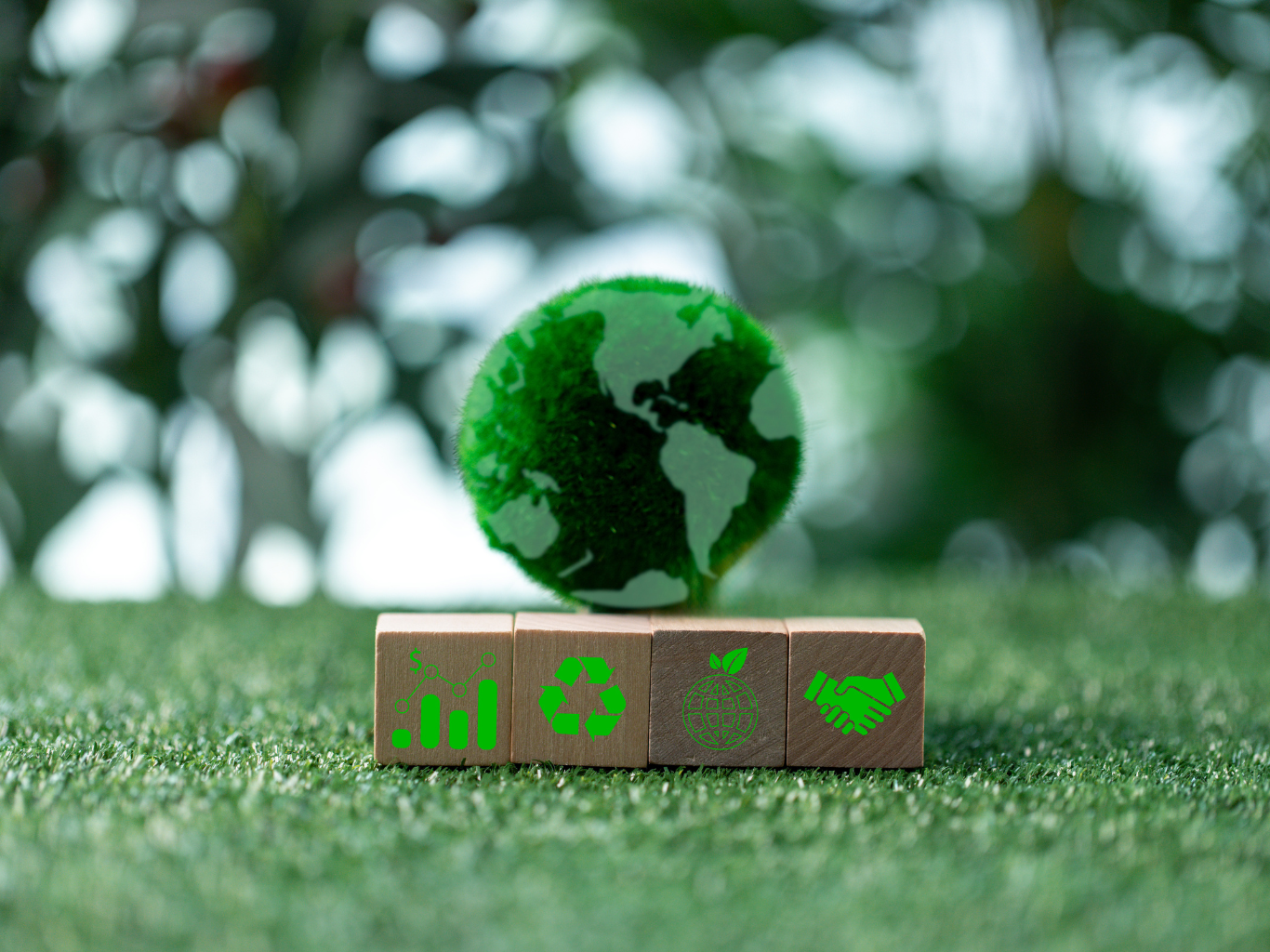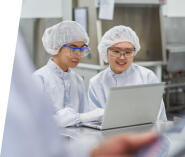PROLAB, a private clinical laboratory that provides diagnostics services in Thailand, has a long history of developing and maintaining high-quality testing workflows. Founded 25 years ago, the Bangkok-based laboratory facility is accredited with the international standard ISO 15189.
With its commitment to operational excellence, it’s no surprise that the PROLAB team regularly reviews its setup, looking for opportunities to enhance lab performance and management via implementing continuous improvement activities. Recently, they identified several high-priority areas for improvement related to environmental sustainability. “It is everyone’s responsibility to contribute in ways that align with our capabilities to ensure our world achieves sustainability,” said Witune Arayapipatkul, Chief Executive Officer at PROLAB. “We must work together urgently to take care of our planet.”
With that in mind, the team worked with a corporate partner to make measurable improvements in their laboratory operations. The first goal was to reduce water consumption: the clinical lab had been wasting about 1,600 litres of water every day from the dual reverse osmosis water system required to operate lab instruments and conduct clinical diagnostic tests. The Water Reuse Project reimagined the flow of water through the lab, finding appropriate ways to use the wastewater left over from the water purification process.
In a renovation, PROLAB’s corporate partner installed a new water pipe and reservoir in the lab. This system made it possible to recycle the water that had previously been wasted; now, it is tapped for flushing toilets, mopping floors, watering plants, laundering housekeeping linens, and washing laboratory vehicles used for mobile X-rays and specimen transport. “Every drop of water is a limited resource, and the wastewater from this purification process is not contaminated, allowing it to be repurposed effectively,” said Mr Arayapipatkul. “This initiative has significantly reduced water usage within the organisation.”
Another benefit of the Water Reuse Project is a reduction in the greenhouse gases emitted during the production of potable water. By decreasing its use of municipal water, PROLAB “is taking meaningful steps towards environmental sustainability,” Mr Arayapipatkul added.
While conserving so much water every day was a huge accomplishment, the PROLAB team aimed to do even more. Working again with their corporate partner, they tackled a sustainability scourge found in all labs: plastic consumable waste. The reagents needed to operate instruments require plastic packaging that cannot be reused for future reagents. Generally, these plastics are thrown away after a single use.
At PROLAB, this plastic waste has also been repurposed. Its corporate partner manages a recycling program that turns discarded lab plastics into useful items, such as wall clocks and trays needed for lab operations. This keeps plastic out of landfills and oceans, and also reduces greenhouse gases associated with waste disposal and transportation.
Finally, PROLAB’s partner implemented a power management system that enables team members to monitor the energy usage for each instrument to ensure that the system operates efficiently. Now, an easy-to-read dashboard allows the team to minimise energy consumption through more sustainable lab operations.
PROLAB’s commitment to sustainability runs deep. Already, the company has received the ISO 14064-1:2018 certification, given in recognition of efforts to reduce greenhouse gases, and has been awarded the Outstanding Model Organization in Human Rights Award two years in a row. And PROLAB isn’t done: the team has a number of ongoing projects, such as replacing fuel-powered vehicles with electric ones to reduce CO2 emissions and implementing solar energy.
The team also advocates for other organisations to consider adopting these kinds of efforts. “By engaging in these practices, we can collectively make a significant impact on reducing pollution and fostering a sustainable environment,” said Mr Arayapipatkul.








